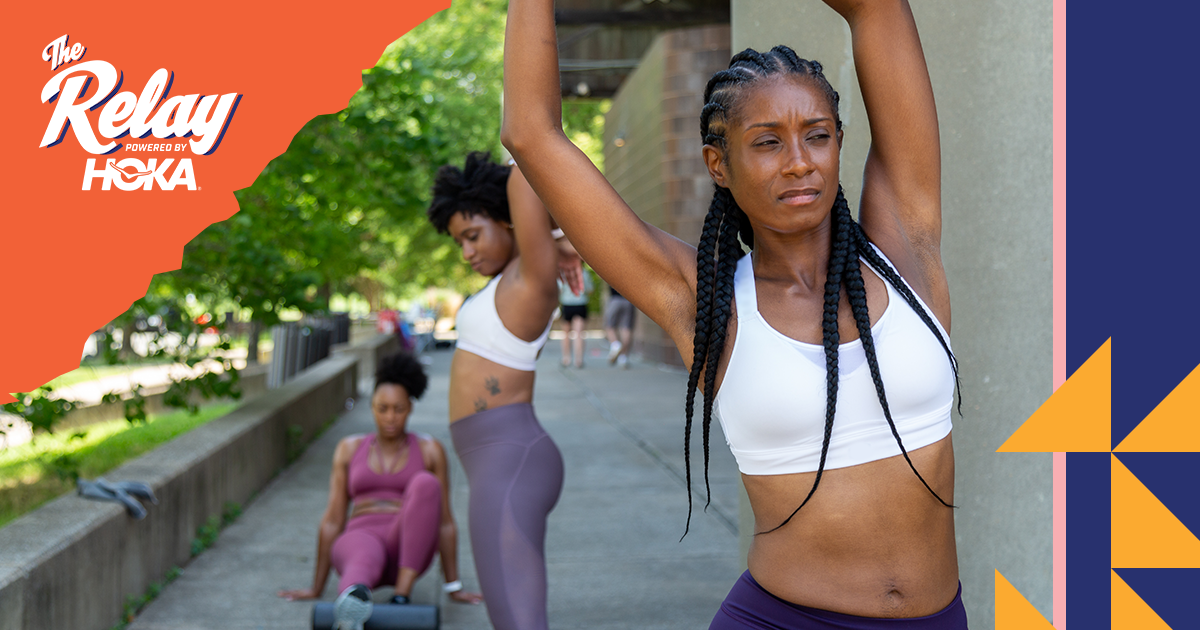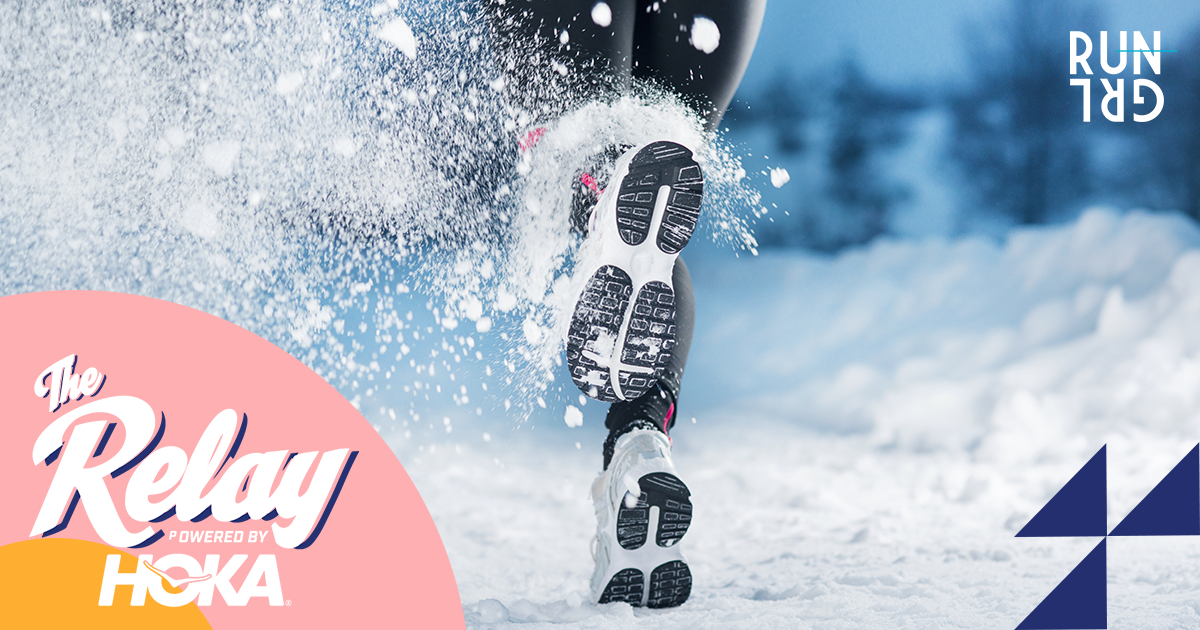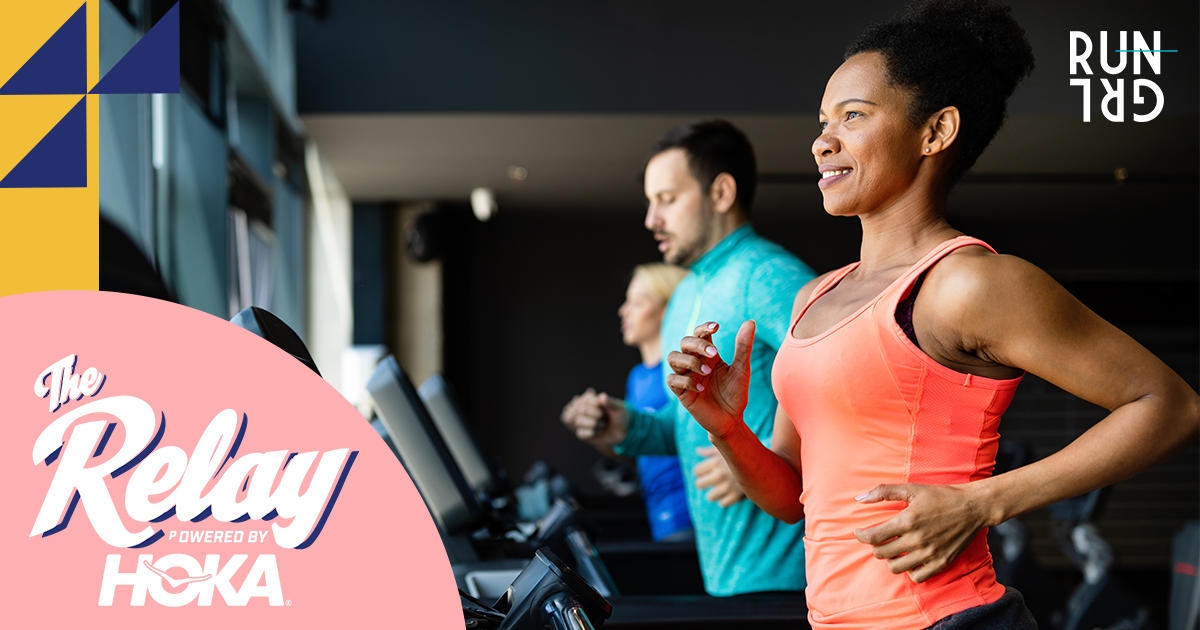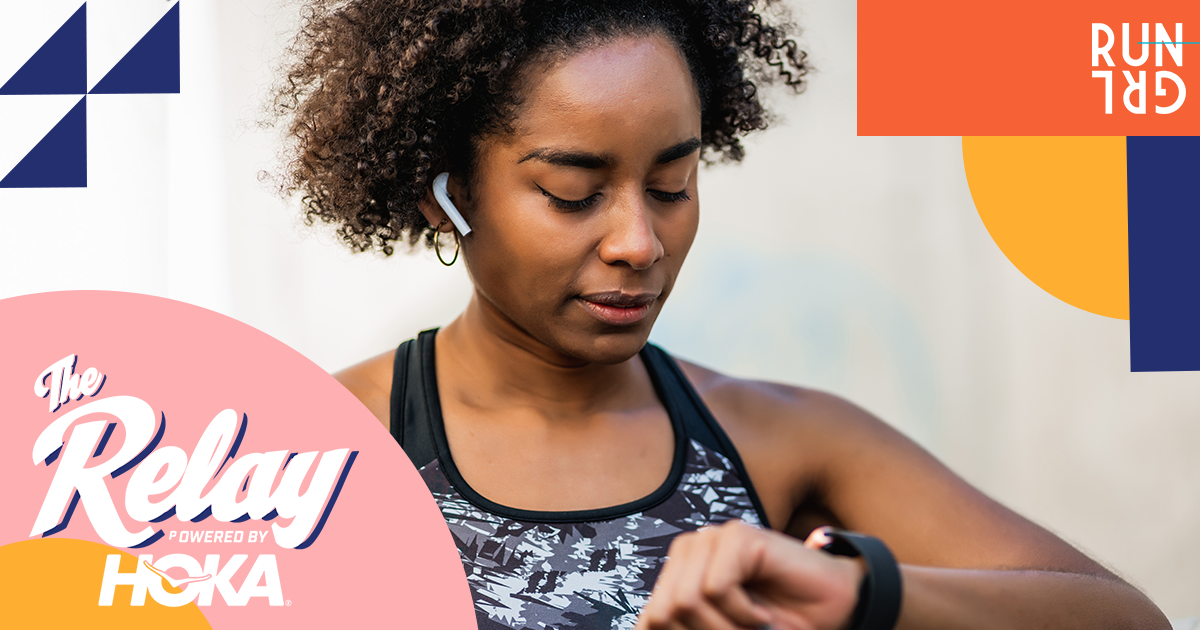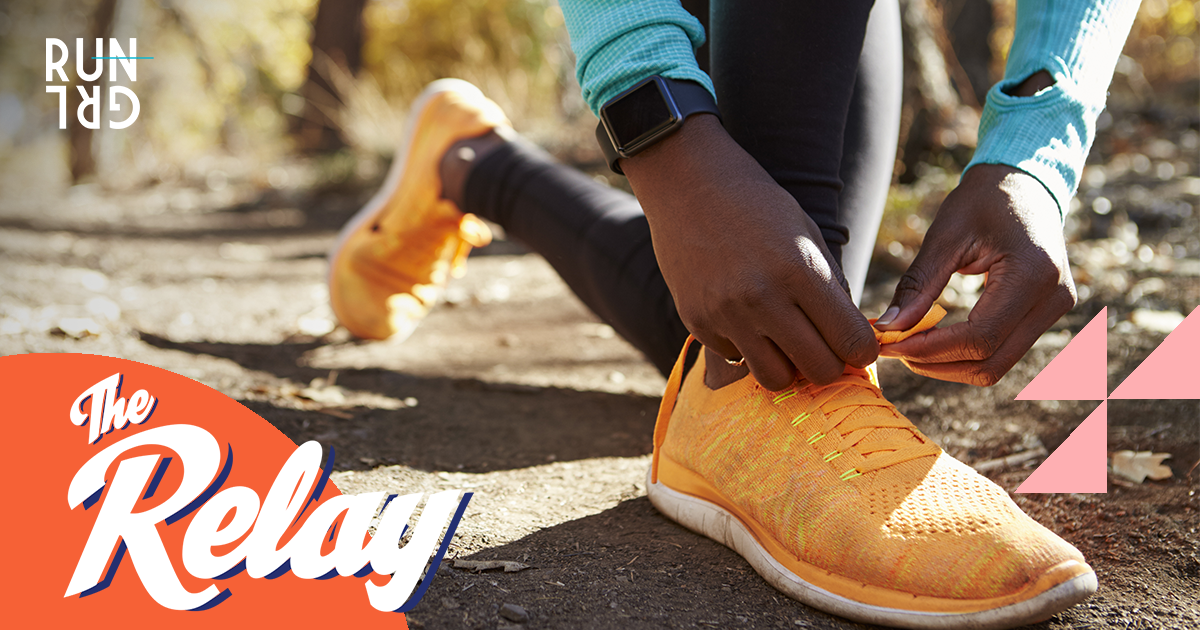The Relay: The Power of Representation in Distance Running
Graphic by RUNGRL Design
By Claire Green, Marielle Hall and Na’Tasha Jones
For Marielle Hall, running was the first activity she found that was ‘just for her’.
“I was initially drawn to running because of the freedom it provided me physically and mentally,” said Marielle. “No one in my family ran, and I had no one to tell me about this new ‘running thing’, but something inside just felt right.”
When she began running track on a recreational team in middle school, she said, ”running felt like the epitome of community.” Track practice and youth meets on the weekends introduced her to a whole new world of joy for sport and new friends.
Yet, it wasn’t long before being othered in the sport became more apparent for her. She recalls an incident when her mother first came to one of her track meets: “A parent told my mom that she thought my mother must have been white, because that was the only way I could have ended up a distance runner,” said Marielle. It was one of the first times she recalls being made to feel as though she were out of place in the sport.
Marielle Hall, Photo: Cortney White
Once she began to race in college and professionally, she felt she had to make even more of an effort to temper herself in certain situations and with non-Black teammates, coaches, officials and opponents.
“Code-switching the way you communicate with teammates, coaches, etc., that constant back and forth can be exhausting and often distracts from the reason why you are there in the first place: to run, to find community and to challenge the limits of your potential,” she said.
“It’s very difficult to feel like you can show up as yourself in spaces where you don’t see anyone who looks like you.”
She recently told Runner’s World that when it was time to decide on a college program, she chose the University of Texas, for the “opportunity to be part of a community where it wouldn’t be a struggle to maintain a sense of self and identity.”
As she built her skills, she saw her natural talent for distance running take off, eventually earning two-time NCAA All-American in the 5,000M and 10,000M, and won the 5,000M title at the 2014 NCAA Outdoor Track & Field Championships.
She went on to become a 2016 U.S. Olympian and is currently a Nike athlete with Bowerman Track Club.
Representation That Inspires
Claire Green’s running journey began in much the same way as Marielle’s, starting with going out for track in middle school. After watching women like Allyson Felix winning world and Olympic titles as a kid, she felt ready to give running a try.
“When it was time to figure out what my event should be,” said Claire, “I assumed I would be a sprinter, because ‘that’s what black girls do’. It only took about 30 minutes to realize I had no talent in sprints.”
Her coaches sent her to try running the mile, instead.
“I remember feeling crushed; the mile was where you sent kids ‘too slow’ to run a relay,” said Claire. To her surprise, though, she crossed the finish line of that first mile in 1st Place, beating not only all of the girls, but all of the boys as well.
By her senior year of high school, she’d signed with The University of Arizona as a Division I scholarship athlete in distance running. Her coach, famed track and field coach James Li, made it clear that if she wanted to be successful, she’d eventually have to move up from the 800M to the 5K.
“I never believed him,” she said. “I had always been told, ‘African-American athletes do not run distance because our bodies are not suited towards distance,’ and years of watching professional races had done nothing to change my mind.”
Claire Green (center), Photo: Tracy Geiken
In 2014, she watched the Stanford Invite 5K where a young Black runner from Texas led the pack. Her name was Marielle Hall.
“This was the first time I had ever seen a Black woman competing in a distance event,” said Claire. “Marielle was calm, collected and talented beyond belief.”
Related Post: Running #ForTheCulture: Dannielle McNeilly
After witnessing Marielle’s win, with a phenomenal time of 15:19, her views on whether distance running could be for her began to change. She thought, “If Marielle can do it, why not me?”
In 2018, 55 women entered the PAC 12 Championship 5,000-meter race. Claire Green was the only African-American. Sixteen minutes and 29 seconds after the gun, she crossed the line to claim second place.
“While the sprinting, jumping and throwing events were full of Black athletes, I was the only Black woman to compete in an event longer than 1500 meters,” she said.
Where are all the Black Women Distance Runners?
So why aren’t there more African-American distance runners? Why do elite competitors like Marielle and Claire often find themselves without peers who look like them at the starting line?
“Black female distance runners aren’t as visible in this country. We are out there, but it’s very difficult to feel like you can show up as yourself in spaces where you don’t see anyone who looks like you,” said Marielle. “It can feel like you’re entering with a chip on your shoulder, trying to prove yourself.”
For Marielle, a big part of that push to believe in herself came from her time in high school with the Juventus Track Club, based in Philadelphia and led by renowned Coach Derek Thompson, known for his work mentoring youth and producing championship athletes.
“Coach Thompson was the first professional coach who really challenged me to see myself as a distance athlete. Despite there not being very many faces that looked like me in the sport, he helped me see this was still where I belonged,” said Marielle.
Likewise, Claire has been inspired by Marielle’s representation and success.
“I believe the reason we don’t see more of us is simply because we aren’t expected to be distance runners,” said Claire. “Even as a scholarship athlete, I doubted my ability to succeed. I saw many strong Black women in track and field, yet never as distance runners. I was running times that all screamed at my talent in long events, but until I saw another Black woman out there, I was unable to believe [in my own talent].”
In 2017, just three years after being inspired by Marielle’s win at Stanford, Claire placed 5th in the same race.
Inspiring the Next Generation
It’s clear the more Black women athletes we see representing the sport of distance running, the more other Black women will be inspired to try their hand at hitting the pavement.
“It’s impossible to exaggerate the impact of seeing faces like yours chasing a dream you struggled to believe in.”
“I’m sometimes asked why I don’t play a ‘Black sport’. I have strong glutes, big thighs and outweigh the majority of my competitors by at least 15 pounds,” said Claire. “My appearance does not fit the ‘American’ stereotype of a distance runner. And yet, distance is where I am able to shine.”
“There is a large spectrum for Blackness and the Black experience,” said Marielle. “I’ve learned to say ‘no’ to people who threaten or question that through running. You can be yourself [as a runner] and you can be Black. We don’t have to fit in a box or be labeled.”
“It’s impossible to exaggerate the impact of seeing faces like yours chasing a dream you struggled to believe in,” said Claire. “To this day, I rarely compete against other Black women, but I hope by continuing to chase my dreams, I can be that face for other girls seeking inspiration in someone who looks like them. That’s all it took for me.”
Former NCAA Division I Track and Field Athlete, Three-time NCAA All-American and Member of the HOKA One One Aggies Track Club
SEE CLAIRE’S FULL BIO
U.S. Olympian, Two-time NCAA All-American, Nike Sponsored Athlete and Member of the Bowerman Track Club
SEE MARIELLE’S FULL BIO
RUNGRL Co-founder + Chief Content Officer




